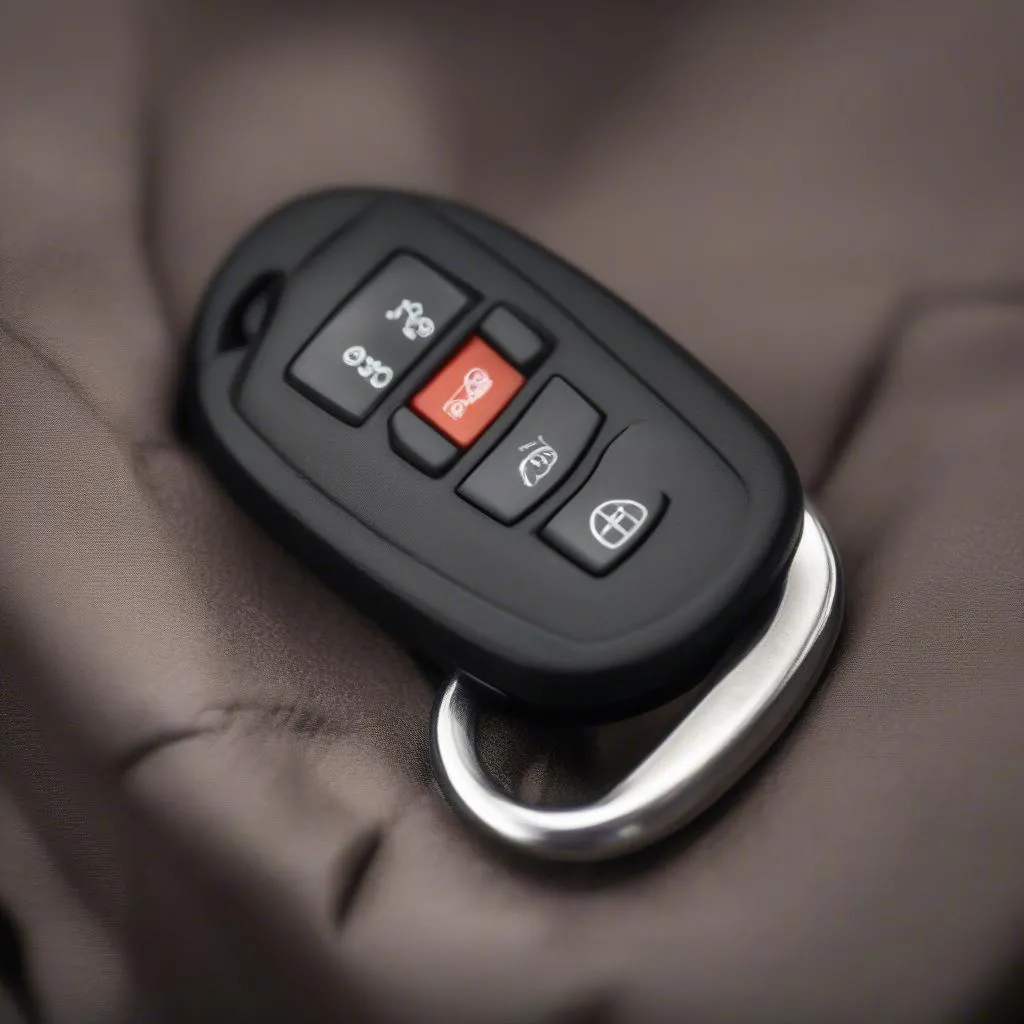Seeing your brake warning light illuminate on your dashboard is never a comforting sight. It’s even more unnerving when it’s accompanied by the amber ABS light. This combination usually signals a potential issue within your car’s braking system that requires immediate attention. While it might seem daunting, understanding the common causes can help you take the right steps towards resolution.
Decoding the Warning Lights: What They Mean
Your car’s brake warning light is a critical safety feature. When illuminated, it typically signifies one of two things: either your parking brake is engaged, or there’s a problem with your hydraulic brake system. The amber ABS light, on the other hand, specifically points towards an issue with the Anti-lock Braking System. This system is crucial for preventing wheel lockup during hard braking, maintaining steering control, and reducing stopping distances on slippery surfaces.
Common Culprits Behind the Illuminated Lights
While a professional diagnosis is always recommended, understanding the common causes can be helpful.
- Low Brake Fluid: This is often the most frequent culprit. Brake fluid is the lifeblood of your braking system, transmitting the force from your foot on the pedal to the brakes. A leak or simply low fluid levels can trigger both warning lights.
- Faulty ABS Sensors: Your ABS system relies on sensors to monitor wheel speed. If a sensor malfunctions or gets covered in dirt or debris, it can disrupt the ABS system, causing the light to come on.
- Worn Brake Pads: While not always directly linked to the ABS light, worn brake pads can trigger the brake warning light and indirectly affect the ABS system.
- ABS Module Issue: In some cases, a faulty ABS module – the electronic brain of the system – can be the root cause, necessitating a replacement.
What to Do When Your Warning Lights Flare Up
- Safety First: If you’re driving and the lights come on, pull over safely when possible. Driving with a compromised braking system can be dangerous.
- Check Your Brake Fluid: This is the easiest and quickest check you can perform yourself. If the fluid level is low, topping it up might temporarily solve the issue, but a professional inspection for leaks is crucial.
- Seek Professional Help: Don’t ignore these warning lights. Continuing to drive with a potential brake system issue can exacerbate the problem and lead to costly repairs. Schedule an appointment with a trusted mechanic or specialized automotive service center experienced in brake repair and ABS diagnostics.
2007 jeep cherokee brake warning light
Remote Diagnostics and Software Solutions: The Future of Car Repair
In today’s technologically advanced world, remote diagnostics and software solutions are rapidly transforming the automotive repair industry. Advanced diagnostic tools can now connect to your vehicle remotely, identifying potential issues with the ABS module, sensors, or other electronic components. This allows skilled technicians to diagnose problems quickly and accurately without even needing to see your car in person.
“Remote diagnostics can save car owners valuable time and money,” says John Smith, a senior automotive engineer at XYZ Automotive. “Instead of multiple trips to the mechanic, we can often pinpoint the problem remotely and provide targeted solutions.”
audi a3 brake pad warning light
The Importance of Prompt Action
Addressing any brake system warning light promptly is essential for your safety and can prevent more extensive damage. Utilizing remote diagnostics and software solutions can streamline the repair process, saving you time and potentially costly repairs down the line. Remember, a well-maintained braking system is crucial for safe and confident driving.
bmw 3 series brake fluid warning light
FAQs
Can I drive with the ABS light on?
It’s not advisable to drive with the ABS light on, especially for extended periods. While your regular brakes may still function, the ABS system won’t be operational, potentially affecting your safety during emergency braking situations.
How much does it cost to fix an ABS light?
The cost can vary widely depending on the root cause. Simple fixes like replacing a faulty sensor might be relatively inexpensive, while a new ABS module can be significantly more expensive.
Can I check the ABS system myself?
While you can visually inspect for obvious damage to the ABS sensors and wiring, diagnosing the system requires specialized equipment and expertise. It’s best left to professionals.

